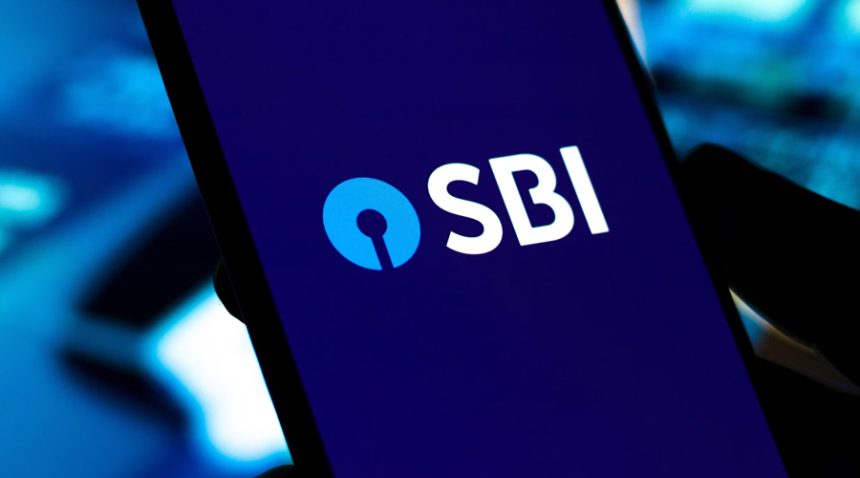State Bank of India Shares Plunge to 52-Week Low After Rating Cut
Why did SBI shares hit a 52-week low? The stock of State Bank of India (SBI) dropped 1.47% on February 24, 2025, closing at ₹710.90 per share, marking its lowest point in a year. The decline followed InCred Equities’ decision to downgrade the stock from ‘Add’ to ‘Hold’ due to concerns about return on equity and non-core income. Analysts raised questions about the bank’s profitability sustainability and future growth prospects.
Concerns Over Return on Equity and Non-Core Income
The analysts from InCred Equities viewed the bank’s return on equity (RoE) at 16-17% as unstable for recent years. The analysts project RoE to fall in the range of 13-14% throughout the FY26F-27F period primarily because of higher credit costs combined with possible consequences from the interest rate cuts on core earnings. The analysts are concerned about earnings sustainability because non-core income through treasury investments and written-off accounts’ recoveries significantly contributed to return on assets (ROA).
SBI obtains lower recovery rates from written-off loans when compared to other state-owned banks making it harder to depend on non-core income. The percentage of written-off accounts at InCred Equities remained low compared to other state-owned banks causing future recovery amounts to appear uncertain. SBI’s stock faces increasingly difficult conditions because analysts predict RoA will decrease to about 0.8% in the forecasted period FY26F-27F from its current FY25F level of 1%.
Impact of Marginally Lower Profitability on Future Outlook
The core profitability of the bank will reduce according to expert analysts as operating margins are predicted to decrease. Analysts predict the profit margin will reach 2.9% during FY26 after a 10 basis point reduction. The analysts predict that FY26 margins will reduce by 15 basis points more than their FY25 levels. The analysts maintain that core earnings decline will persist to affect the bank’s overall performance despite predicted better results in FY27.
The observers notice SBI’s recovery process moving at a reduced speed with its assets. The lending entity recovered at a diminished pace in the second half of 9MFY25 compared to prior release periods. The gradual asset quality recuperation pace will result in higher credit costs expected at 50 basis points through FY26F.
Valuation and Risk Factors
SBI’s stock valuation at 0.9x price-to-book value for FY27F does not represent high costs but profitability rates are anticipated to decrease resulting in minimal rating potential. The forecast indicates that big private banks will experience greater increases in book value compared to SBI during the stated timeframe. The lower value of risk versus reward for SBI leads InCred Equities to modify its projected stock price. The latest established target cost for SBI stock amounts to ₹795 while providing an estimated 10.1% boost to current market value.






